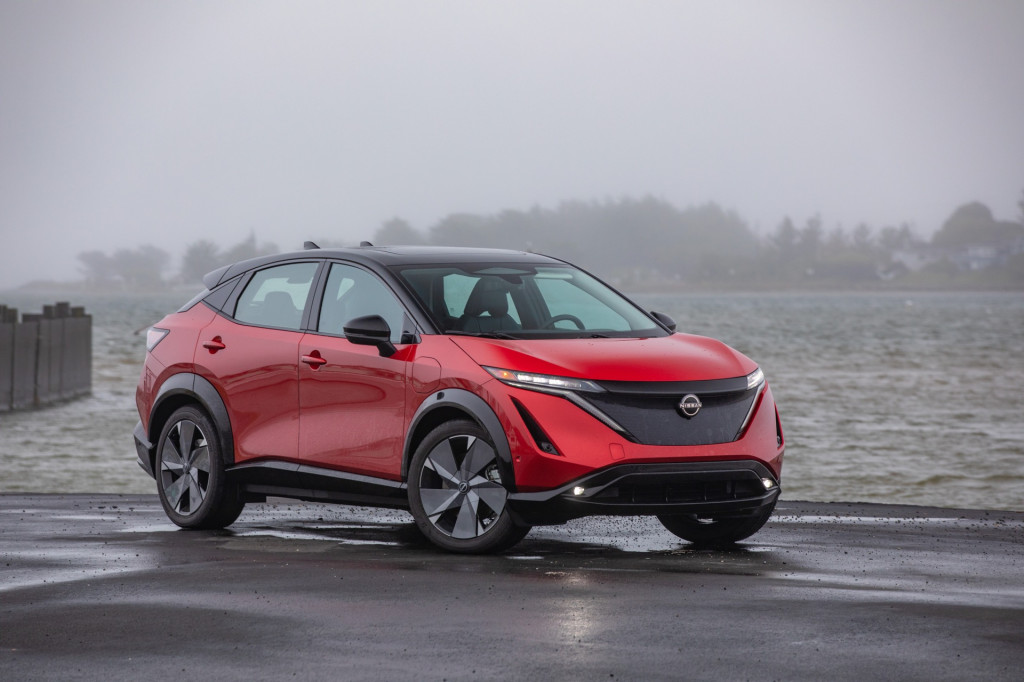Consumer interest in EVs is lagging, and cost is partly to blame, according to a new Ipsos study.
Despite factors like increased choice of EV models and a revamped federal tax credit ushered in by the Inflation Reduction Act (IRA), interest in EVs has essentially leveled off, the study suggests.
In 2022, 49% of respondents said they were considering an EV for their next vehicle purchase, up from 36% in 2021. But for 2023 the number of EV intenders held steady at 48%. Analysts also noted a year-over-year decrease in EV consideration among younger buyers—the age group thought to be most interested in EVs.
Concerns about EV ownership (from 2023 Ipsos study)
Many of the concerns expressed by respondents that were holding them back from an EV purchase were cost-related. Battery life was the top concern, followed by recharging time, driving range, battery pack replacement cost, and affordability. The latter ranked just above lack of public charging stations—a common concern in these surveys.
Just below charging availability was higher cost of overall ownership, which Ipsos described as a persistent myth among consumers. Only 35% of overall car buyers agreed that EVs have a lower cost of ownership than internal-combustion vehicles, the study found, although this increased to 55% for EV considerers.
Yet the average cost of maintaining an EV is $9,048 per year, compared to the $10,728 industry average, analysts noted, citing AAA’s annual cost of ownership report. Other studies have found that ownership-cost advantages are even stronger for trucks and SUVs.

2023 Nissan Ariya e-4orce
The Zero Emission Transportation Association (ZETA) claimed in 2022 that gas vehicles cost up to six times more to drive than EVs. The higher gas prices of the past couple of years have helped strengthen the advantage—although higher utility costs, particularly in the Northeast, have reeled that in somewhat.
“Without proper dealer education, buyers will falsely believe they must suffer higher up-front and ongoing costs to switch to BEVs,” Ipsos analysts concluded.
Indeed, the need for education cannot be understated. Issues that have been poorly communicated by automakers and the government alike, like confusion over the EV tax credit price cap for SUVs may have played a part in shopper concerns. Even concerns over range anxiety subside after owners get to know a vehicle, a previous survey found.
